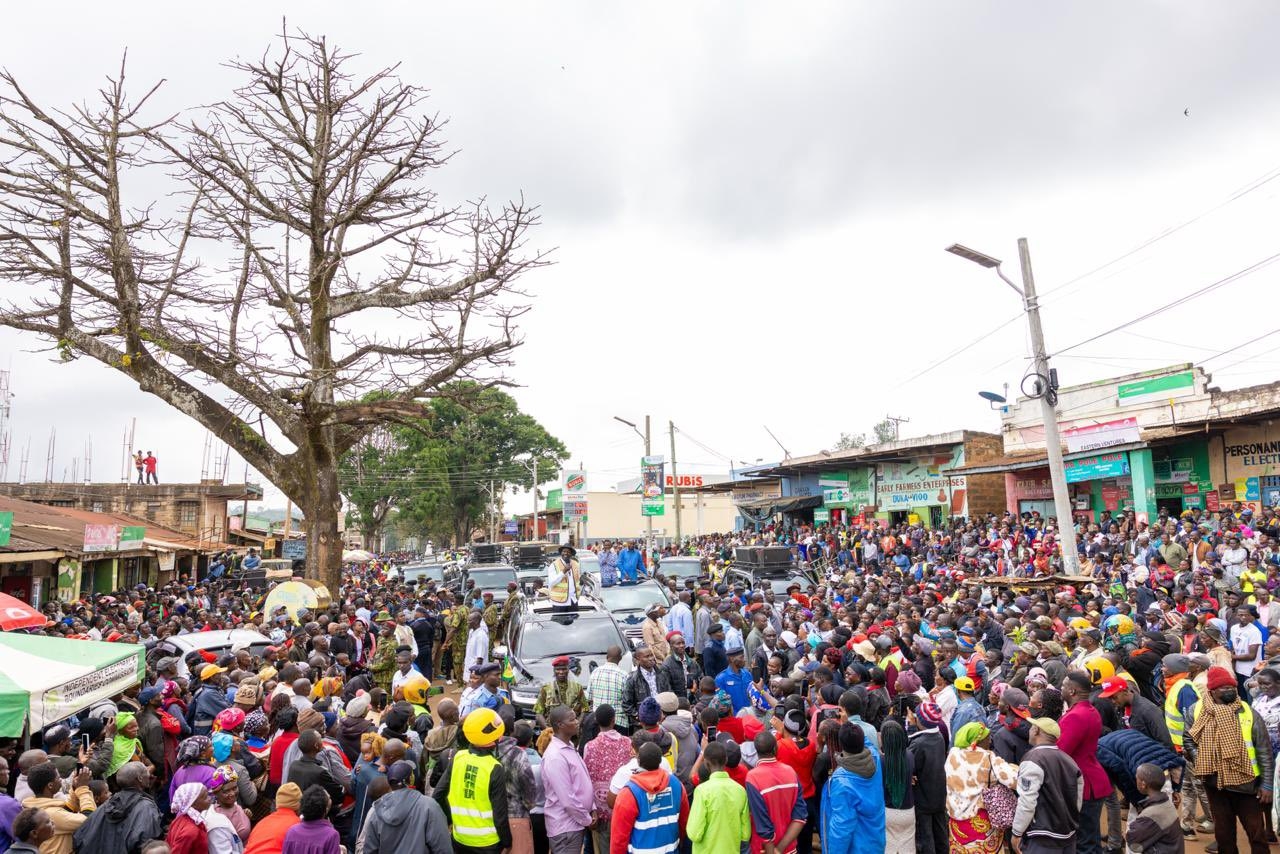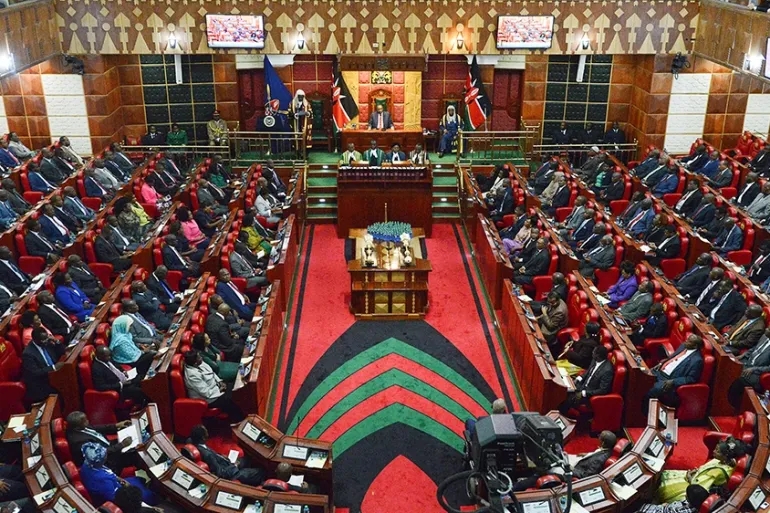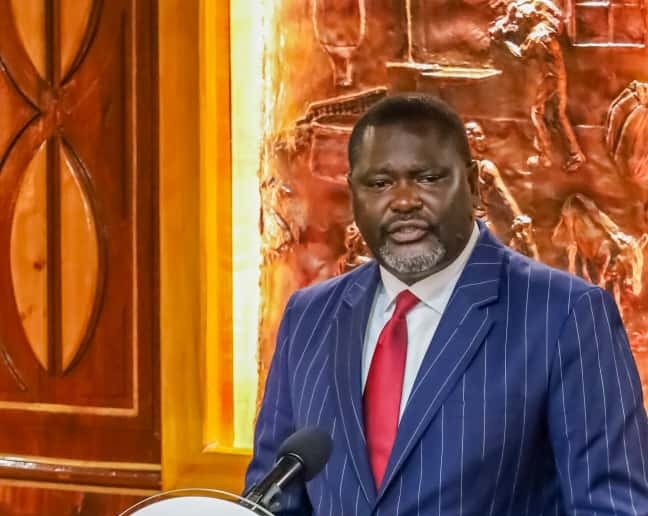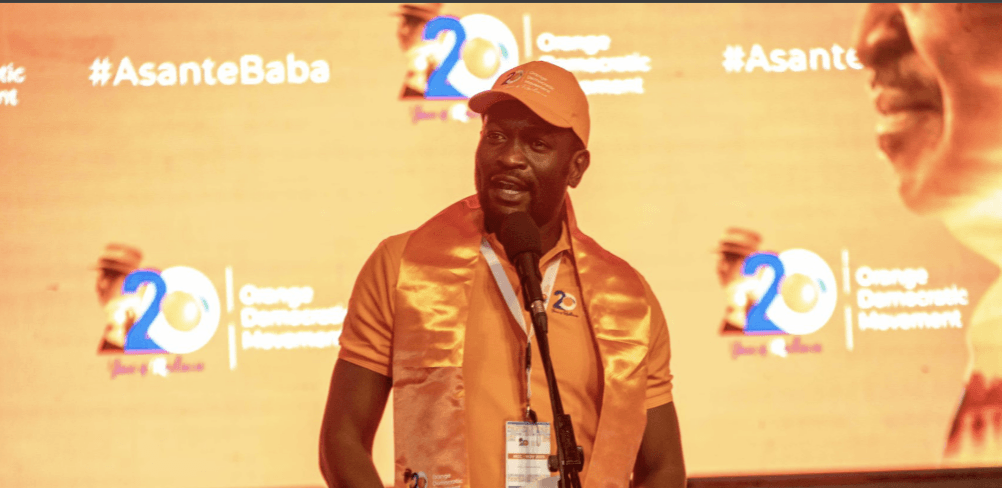
Kenya has been designated as one of seven countries to host an Ocean Centre as part of a groundbreaking global initiative launched by the United Nations Global Compact in partnership with Lloyd’s Register Foundation.
The Kenya Ocean Centre will serve as a national platform to address challenges of safety, equity, and sustainability within the country’s ocean industries.
Hosted locally by the Global Compact Network Kenya, the Centre will bring together key voices from the coastal region, private sector, civil society and government.
It aims to strengthen safety, resilience, and inclusion across Kenya’s blue economy—from small-scale fisheries and offshore energy to ports, shipping, and sustainable finance.
This is a major step forward in empowering Kenyan solutions to challenges such as unsafe working conditions, environmental degradation, and limited access to marine investment and innovation.
The goal of the Kenya Ocean Centre is to co-create homegrown strategies that make Kenya’s blue economy safer, fairer, and more resilient—while also attracting sustainable investment.
Rooted in Local Realities, Designed for Impact The Kenya Ocean Centre will focus on four priority areas critical to the country’s ocean economy.
Working in collaboration with government agencies, local communities, research institutions, and other relevant stakeholders.
In aquaculture and fishing, it will improve safety, support sustainable practices, and promote the inclusion of youth and women. In shipping and ports, it will enhance worker safety, skills development, and environmental safeguards.
The Centre will also explore offshore wind as a clean energy source, building local capacity and policy support.
Finally, in finance and investment, it will unlock sustainable funding opportunities and ensure equitable access to coastal communities, SMEs, and local enterprises.
“These four pillars reflect the real challenges and opportunities we face in Kenya—from the shores of Lamu to the docks of Mombasa,” Global Compact Network Kenya Executive Director Judy Njino said.
“We need an ocean economy that works for all—especially those on the frontlines of climate change, unemployment, and marine degradation,” Njiro noted.
Grounded in community needs and priorities, the Centre will bring together a national working group made up of diverse stakeholders.
These include small-scale fishers and beach management units, coastal youth and women’s cooperatives, port authorities, shipping companies, logistics workers, as well as policymakers, researchers, and climate activists.
This inclusive collaboration ensures that the Centre's work is responsive, equitable, and rooted in the realities of those who depend on the ocean most.
“Fisherfolk in Kilifi and students in Malindi deserve a say in how Kenya’s ocean future is shaped,” Olive Mumbo, Country Lead, Ocean Centres Kenya said.
“True inclusion means ensuring their voices help drive safer practices, safer communities, and a more secure blue economy—not just symbolic involvement.”
Tackling Local Challenges, Shaping Global Solutions The Kenyan Ocean Centre will contribute to a wider global exchange of best practices with Ocean Centres in other countries including Brazil, Ghana, India, Bangladesh, Indonesia and the Philippines.
These Centres will work collectively toward a global Ocean Centres Manifesto—a blueprint for action that reflects both global trends and local wisdom.
The official launch of the Ocean Centres network will take place during the UN Ocean Conference in Nice, France, on 10 June 2025, where Kenya will showcase its leadership on ocean safety and sustainability.
President William Ruto in April announced that the country will host the 11th edition of Our Ocean Conference in 2026.
Ruto revealed this after he had a telephone conversation with former US Secretary of State John Kerry, who is also a founder of Our Ocean Conference.
The Our Ocean Conference focuses on addressing the current key ocean issues, including climate change, biodiversity loss, food security and pollution.














